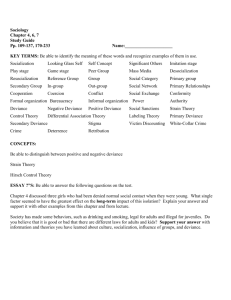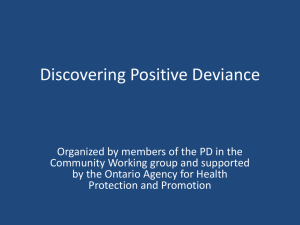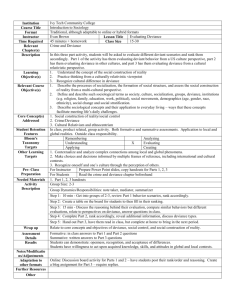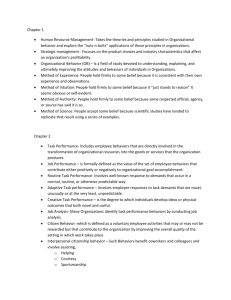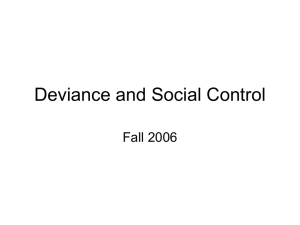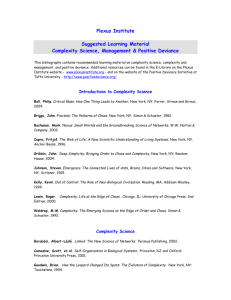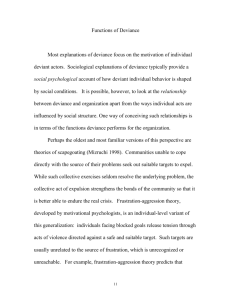Research report #2006-3 Transformational - Scontrino
advertisement
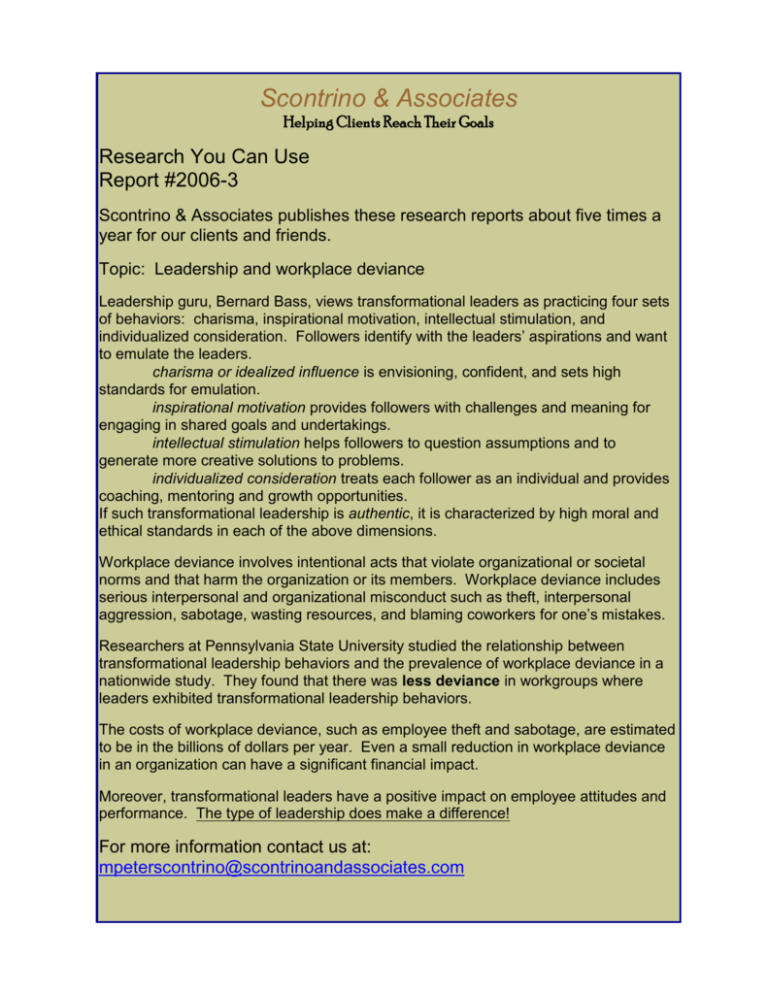
Scontrino & Associates Helping Clients Reach Their Goals Research You Can Use Report #2006-3 Scontrino & Associates publishes these research reports about five times a year for our clients and friends. Topic: Leadership and workplace deviance Leadership guru, Bernard Bass, views transformational leaders as practicing four sets of behaviors: charisma, inspirational motivation, intellectual stimulation, and individualized consideration. Followers identify with the leaders’ aspirations and want to emulate the leaders. charisma or idealized influence is envisioning, confident, and sets high standards for emulation. inspirational motivation provides followers with challenges and meaning for engaging in shared goals and undertakings. intellectual stimulation helps followers to question assumptions and to generate more creative solutions to problems. individualized consideration treats each follower as an individual and provides coaching, mentoring and growth opportunities. If such transformational leadership is authentic, it is characterized by high moral and ethical standards in each of the above dimensions. Workplace deviance involves intentional acts that violate organizational or societal norms and that harm the organization or its members. Workplace deviance includes serious interpersonal and organizational misconduct such as theft, interpersonal aggression, sabotage, wasting resources, and blaming coworkers for one’s mistakes. Researchers at Pennsylvania State University studied the relationship between transformational leadership behaviors and the prevalence of workplace deviance in a nationwide study. They found that there was less deviance in workgroups where leaders exhibited transformational leadership behaviors. The costs of workplace deviance, such as employee theft and sabotage, are estimated to be in the billions of dollars per year. Even a small reduction in workplace deviance in an organization can have a significant financial impact. Moreover, transformational leaders have a positive impact on employee attitudes and performance. The type of leadership does make a difference! For more information contact us at: mpeterscontrino@scontrinoandassociates.com
